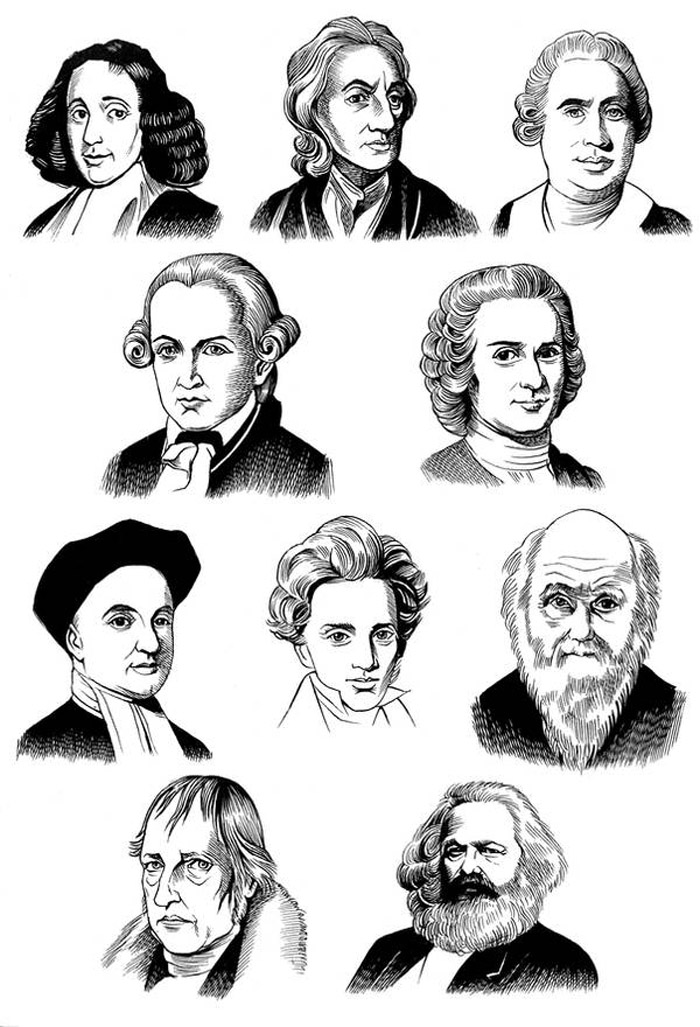One of the courses I took in college was a survey of various philosophers and their views on life, ethics, and other related matters. I will never forget the lesson taught by the one-question final exam for one of my philosophy classes, which involved a picture, probably from a magazine, of a woman who appeared to be quite ill and lying in a hospital bed and could have been dying. Sitting beside her in a chair was a man, and the caption under the picture was, “John, you have been faithful, haven’t you?” The professor’s test had only one word and it was, “Discuss.”
This test brought home to me the need to consider from the perspective of each philosopher studied how John would have reacted to what was presumably his wife’s pointed question at a time she was passing away. So, from John Locke to Arthur Schopenhauer, I covered all the ways philosophers we studied might have guided the presumed husband’s response. That exercise demonstrated for me how looking at the same incident from different points of view becomes important, especially in my future as a researcher and consultant.
I also recognized the fact that for me people not only made the world far more complex but also far more interesting than science; this meant that I was slowly drifting away from science and more and more toward the social sciences. My emphasis at college clearly became centered on political science and economics.
All this was an introduction to (or is it right to say fodder for?) my later role in serving organizations and their leaders! What do you tell a CEO about how the troops really feel about him/her, or how they feel about the vision the CEO has of the conditions among employees and their response to the character of management? It is neither easy to always tell the truth nor to lie or even to motivate an executive to change behavior. The more I thought about this conundrum, I began to realize the importance of trying to learn how organizations work, and the need to develop an understanding about the why’s and how’s of organizational performance and advancing the state of the art in improving organizations largely through theories of motivation, organizational strategy, and human resource management. How I got to this corner of the socioeconomic field and management structure and process may not be revolutionary, but it was not a straight or planned road.
(Image courtesy of Deviant Art)

